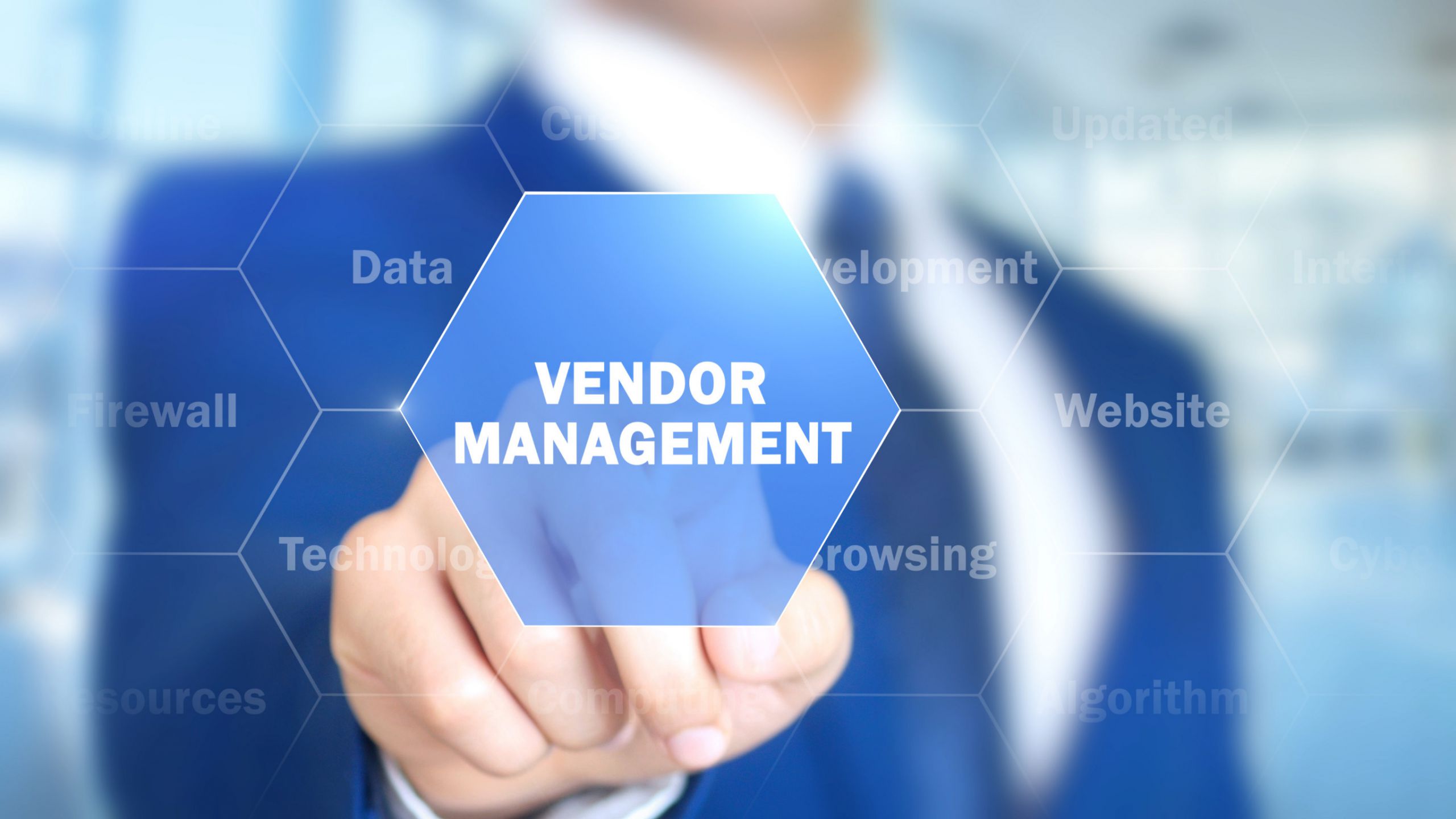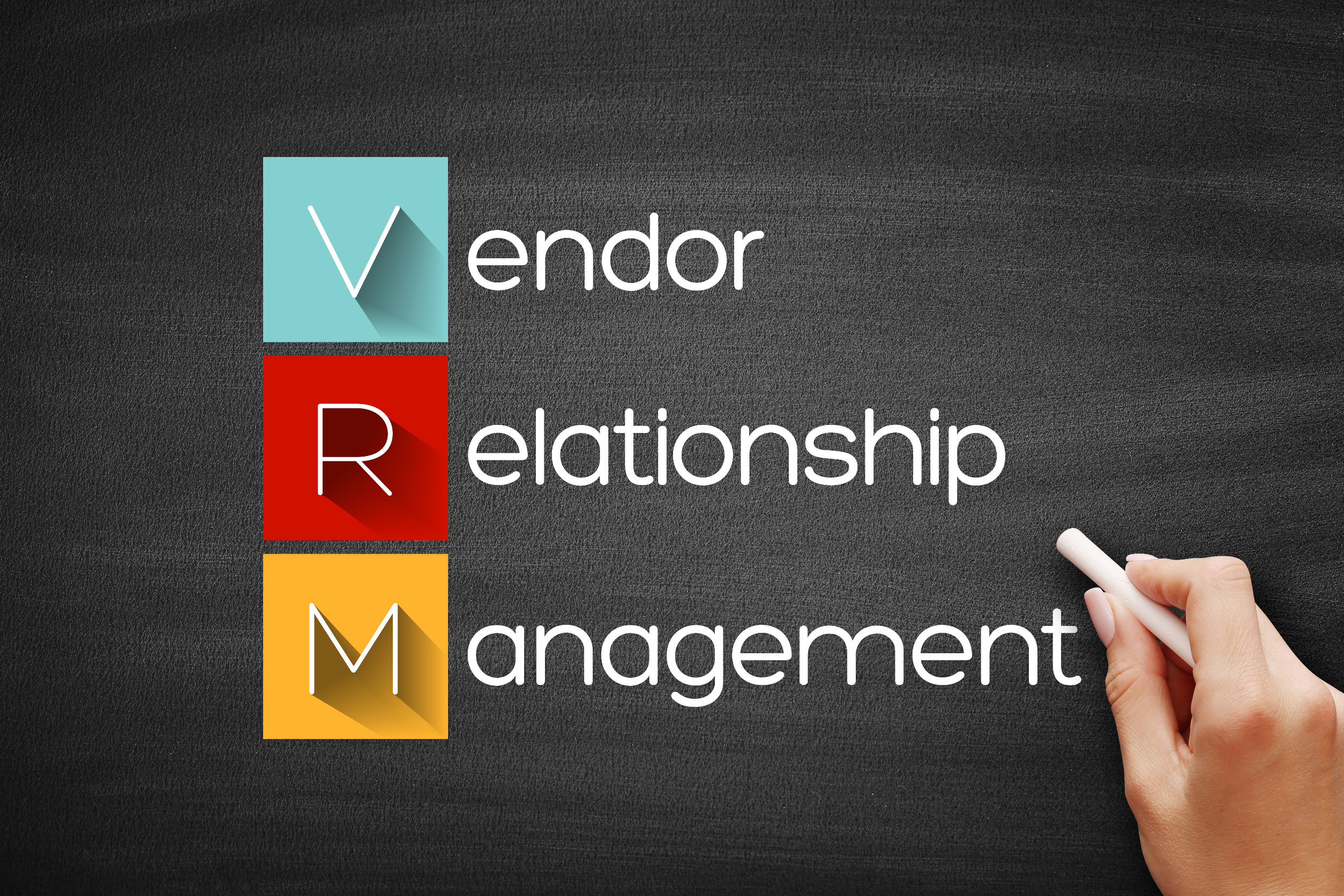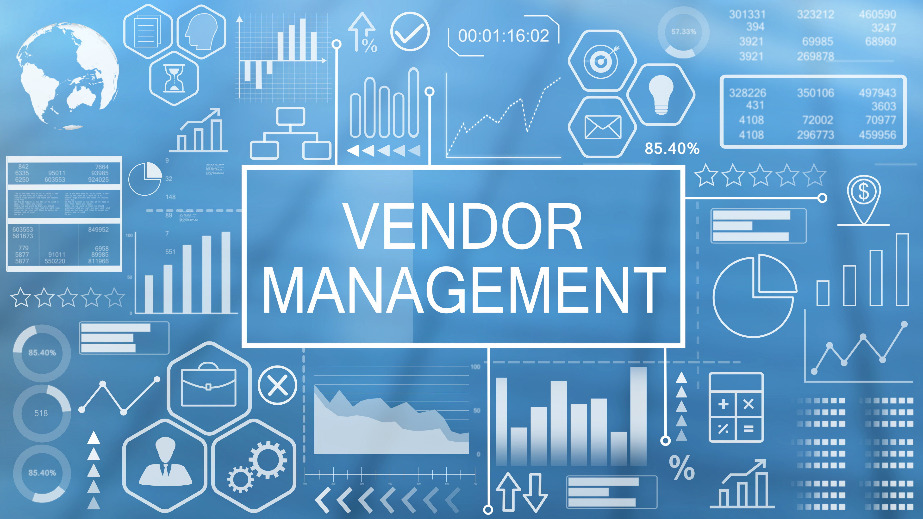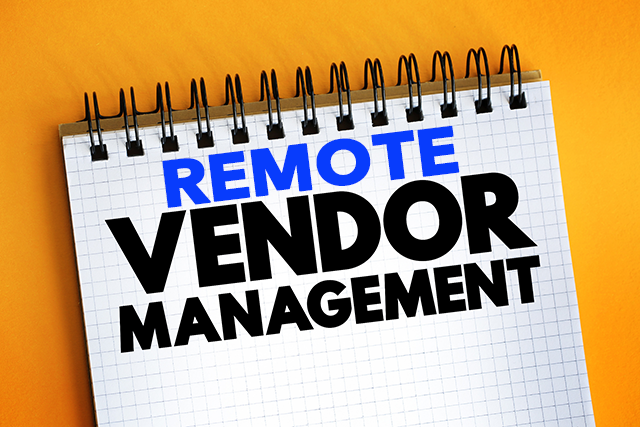You may think that your company's unique value proposition (UVP), culture, business processes, technology, and people are pretty clear. But vendors don't always see things the same way you do. They may not comprehend what makes your company special to the world. This...
Top Benefits Of Efficient Vendor Management
If you're a business owner, it's important to remain organized and efficient. You want to ensure that your vendors provide the best service possible. But how do you know if your vendors are effective? The best way to measure your vendors is by checking their...
A Guide to Modern Vendor Relationship Management
If you're a business owner, the back end of your business is likely the last thing on your mind. But one of the most important aspects of growing your company is how well vendors and suppliers are managed. This is where Vendor Relationship Management (VRM) comes in....
What Do I Need To Become A Vendor Manager?
Vendor management is a field in businesses that are gaining prominence rapidly. As more and more businesses realize the need to manage vendors properly, the demand for vendor managers is hiking up. If you are seeking a career in this line and want to know its path,...
Supply Chain Vendor Management
As a business, you will have multiple vendors, and their numbers will grow as you expand. While it may be easy to manage them initially, managing vendors and their relevant information is bound to become more difficult with time. In such a case, you need advanced...
Vendor Management and Responsibilities from Home Office Roles
The pandemic changed a lot of things about the way the world operates. While day-to-day operations became difficult, industries worldwide came up with new means and methods to keep functioning. When people could not leave their houses, digital and technological tools...






